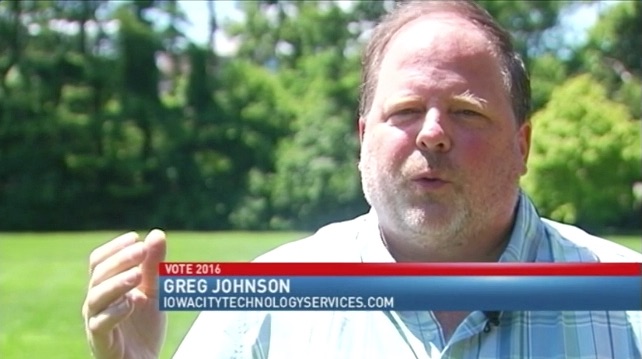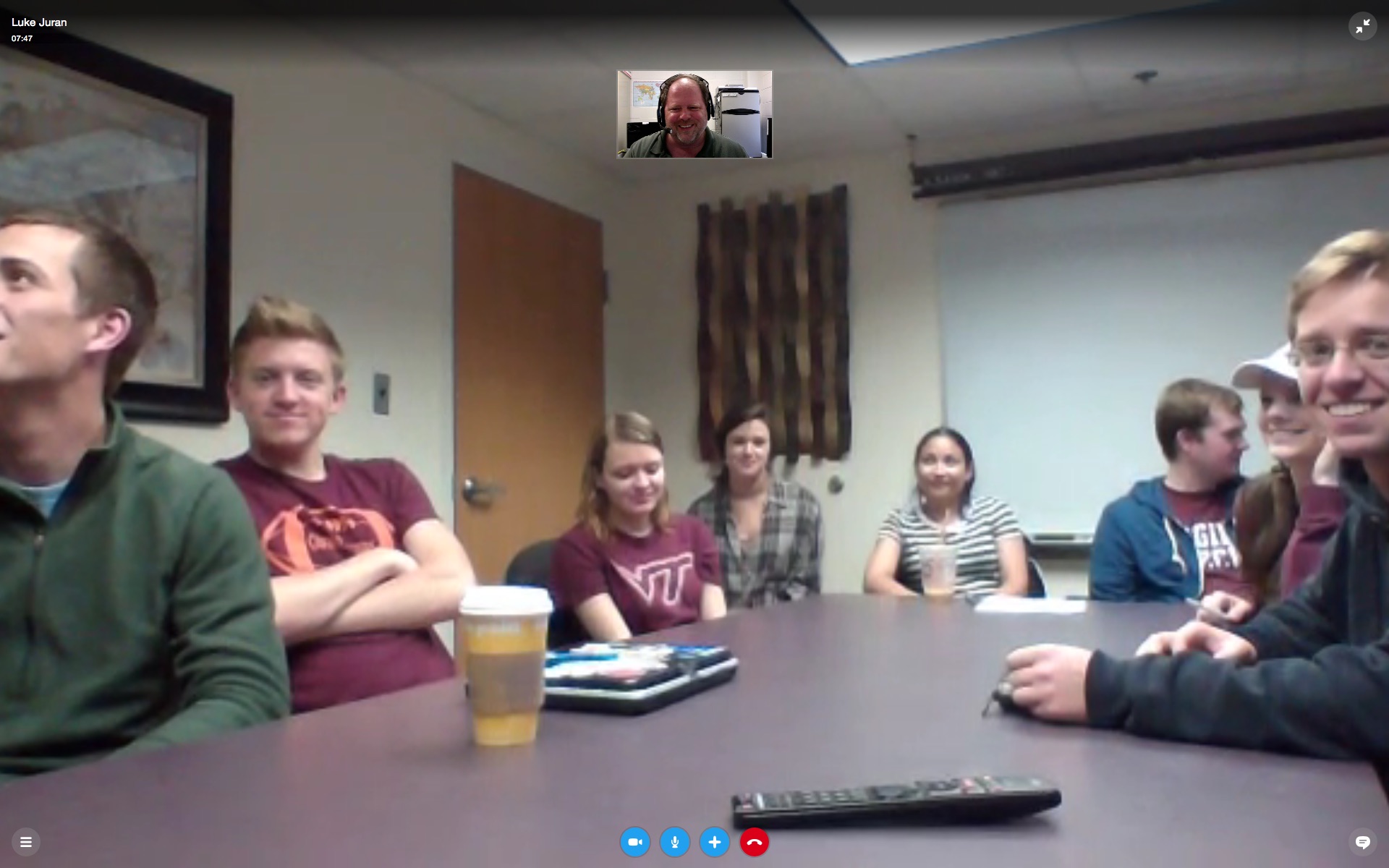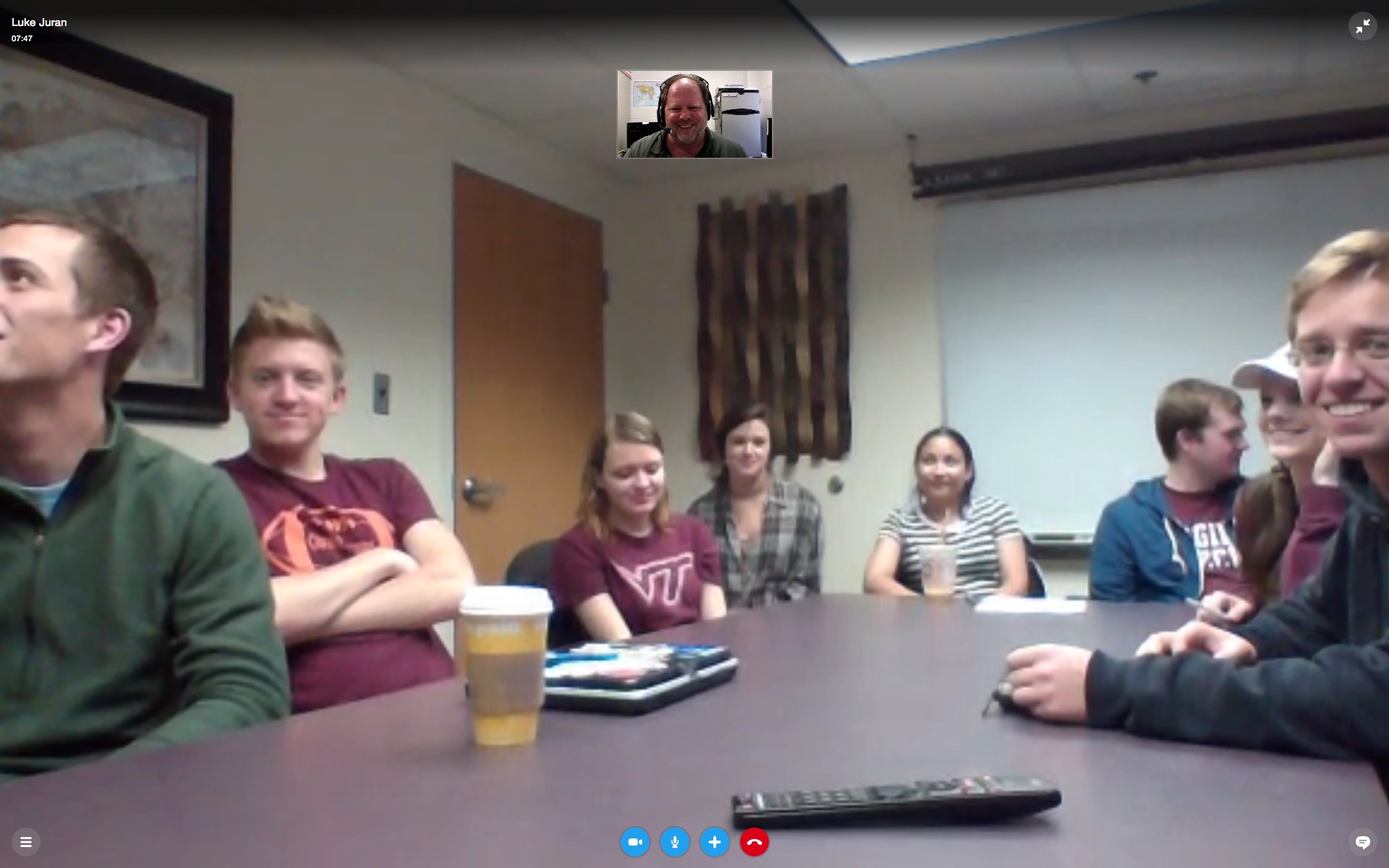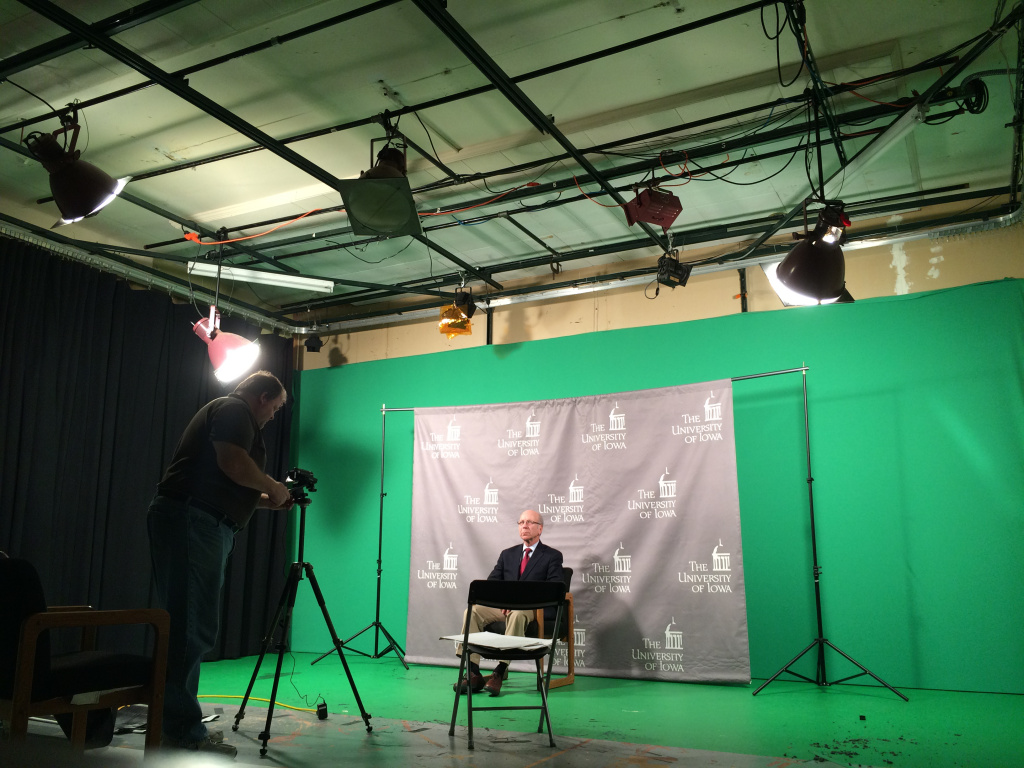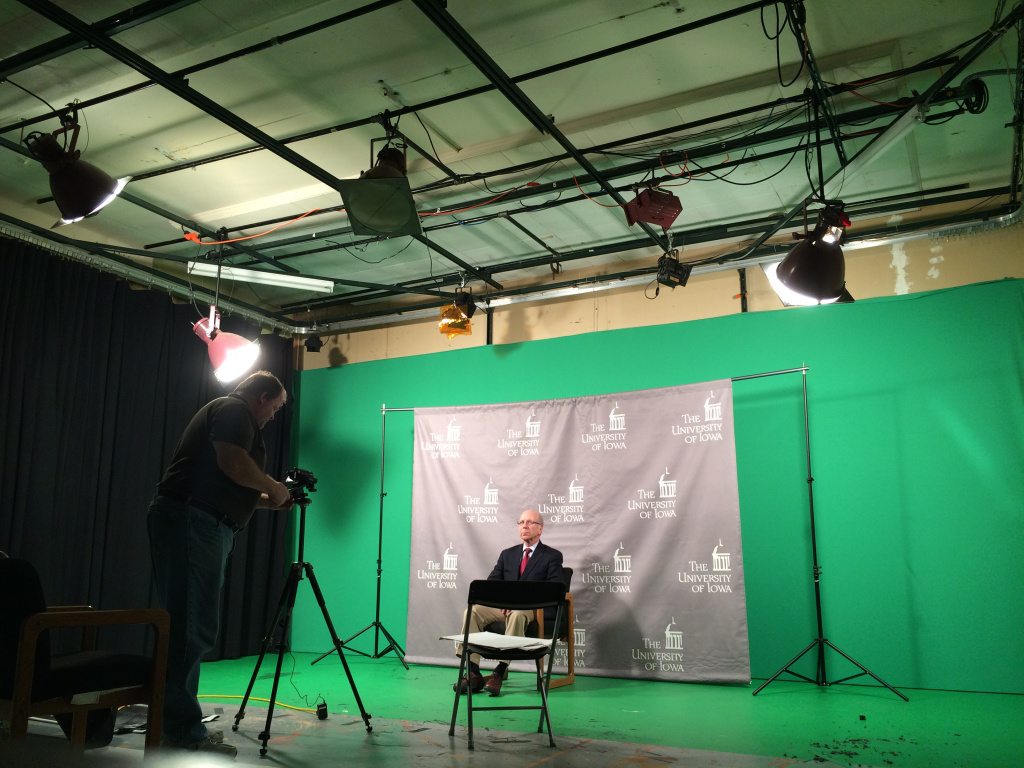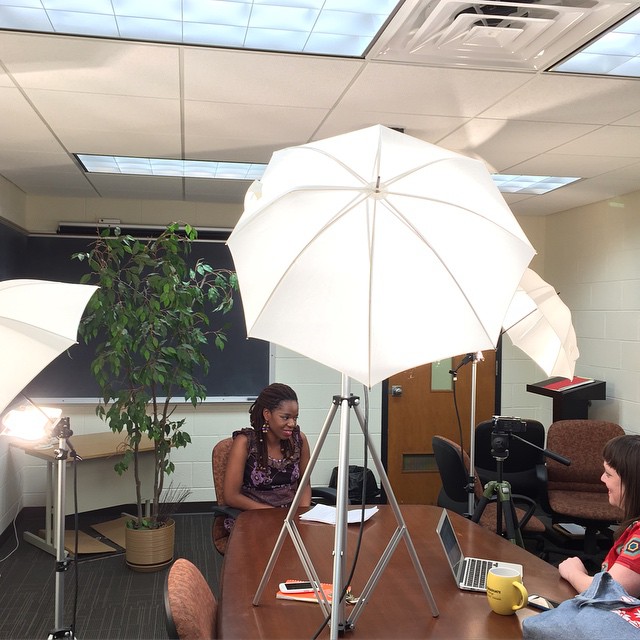Personal Update 201711 | 30 November 2017 | Thursday
Greetings,
I hope you’re doing well. Thanks for taking a moment to read my latest update.
Health & Wellness
This past month I lifted over 241,000 pounds and was on my bike for 13.4 hours riding about 95 miles. I’ve been eating mostly salads for each meal with lime juice in sparkling water as a beverage. For protein I have been eating veggie patties. The food is very satisfying and the absence of carbs and sugar reduces cravings throughout the day. In addition to this food program, I’m doing intermittent fasting (periodically skipping a meal) to help keep the body in a state of ketosis. I’m also trying to maintain a 1,500 calorie diet. The results have been great!
Heat Your Home for Free
Each month I try to do a ‘deep dive’ into a certain topic or skill. Learning enough to create long-term beneficial habits and establish skills I can use. This past month, I developed a heating system that costs nothing to operate. Here’s a video explaining the system. Even if you think you may not be interested in the topic, believe me, I think you’ll like what I have to share in this video. It gets better toward the end.
[youtube https://www.youtube.com/watch?v=JSXjVIZohoA?rel=0&w=1280&h=720]
Thanks!
Many thanks to all of you who keep in touch and provide support for the work I do.
~ Greg
__________
Want More News? For additional news and updates you can subscribe to the Resources For Life Newsletter by sending an email to resourcesforlifenews-subscribe@yahoogroups.com
Origins. For those of you who are new to these monthly personal updates, they began about 17 years ago out of a desire to share from my personal life about topics of lifeways (faith), health, career, finances, relationships, effective living, and activism. This is based on the life map presented on the Resources For Life website.






